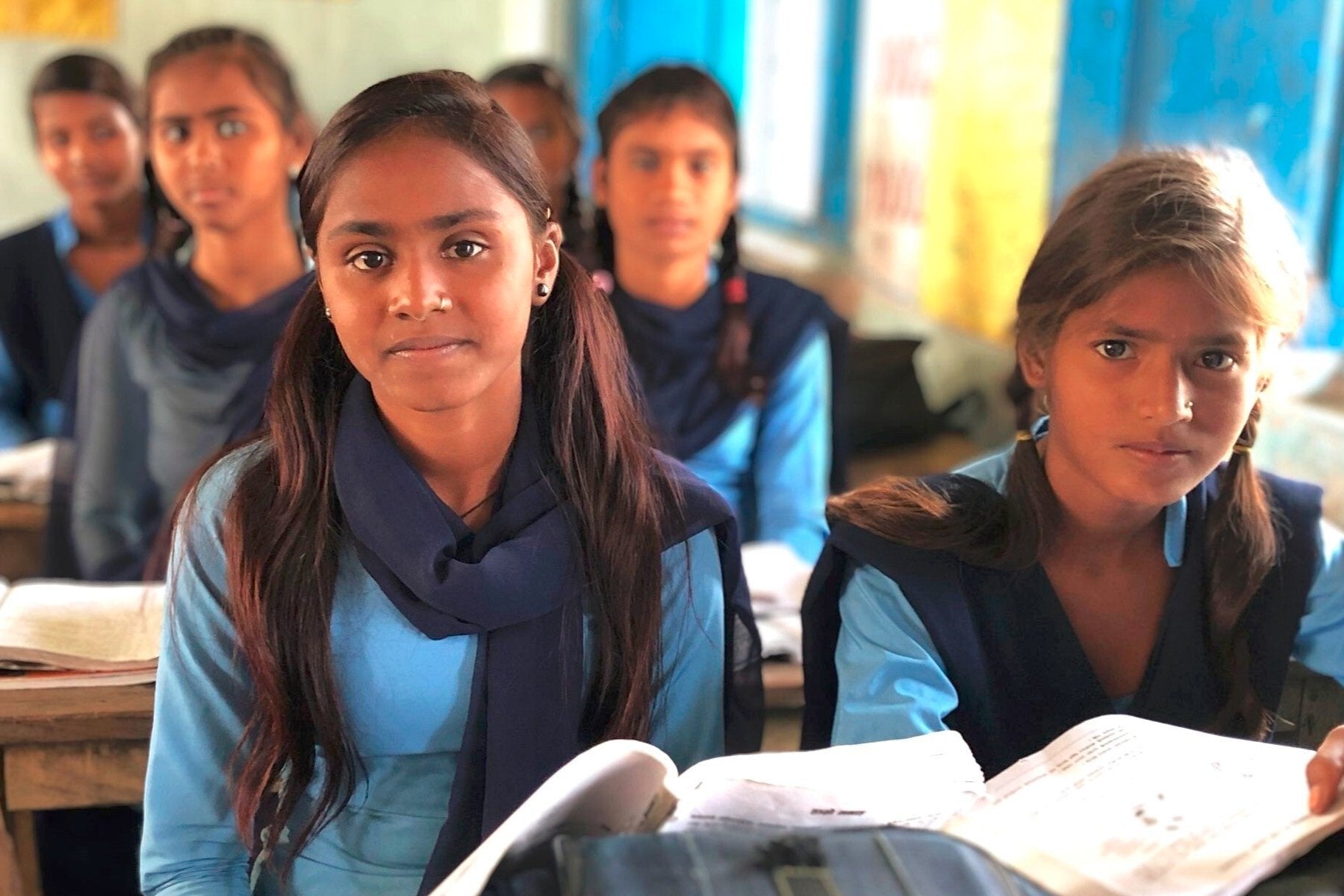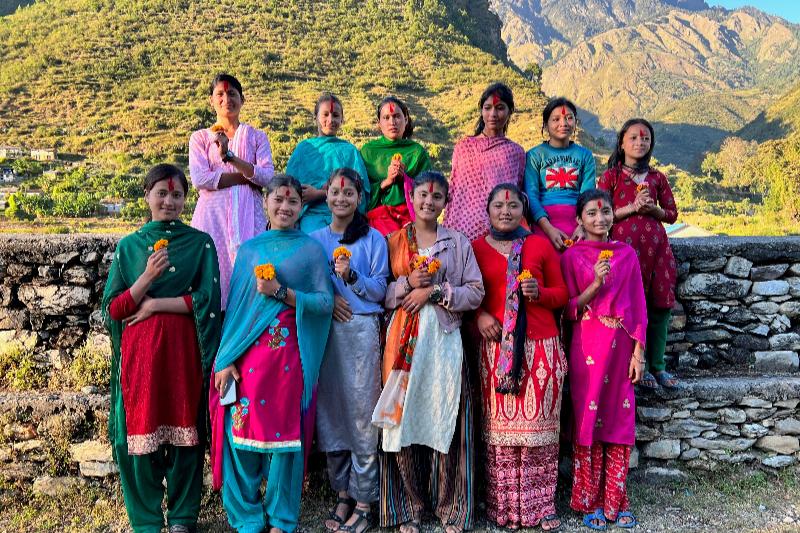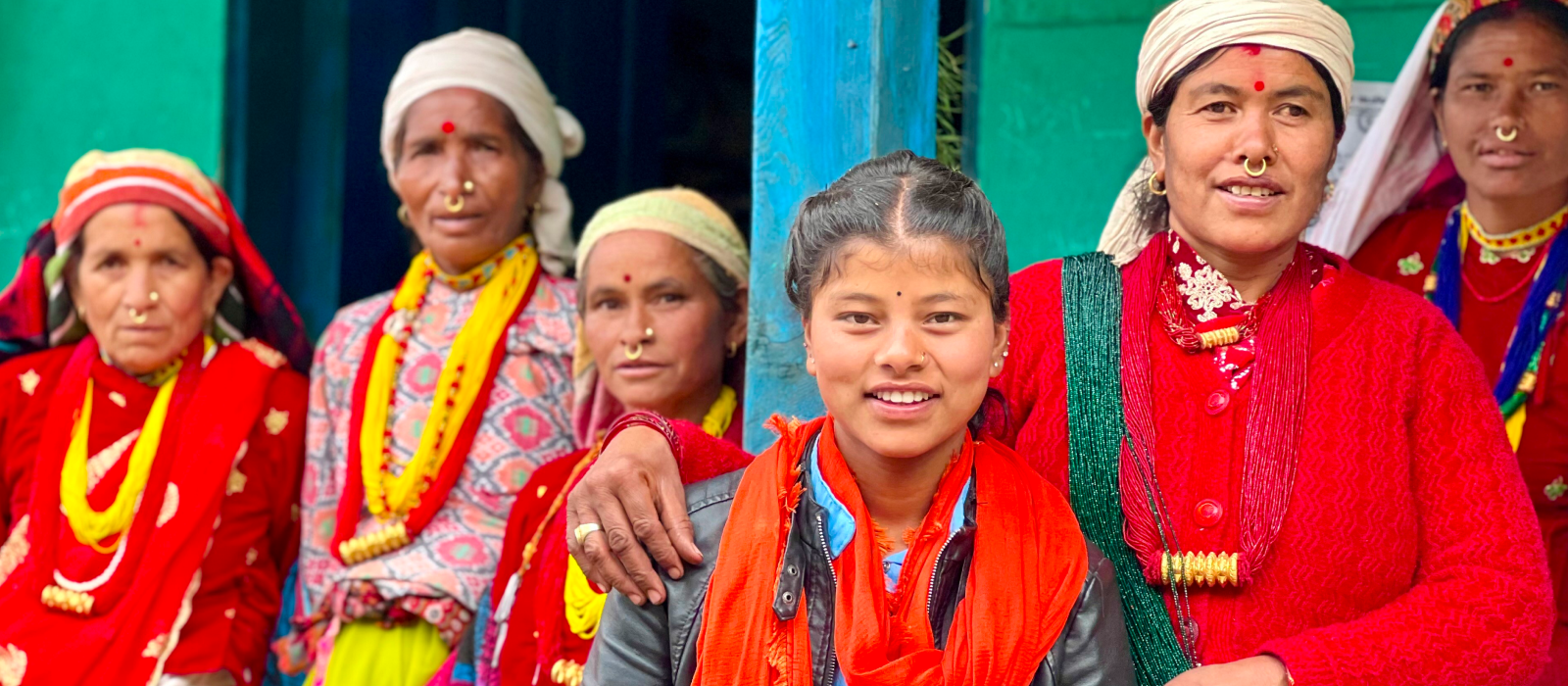
Hygiene and support instead of exclusion


Simone Abelmann (Sketchnotes) stellt dir ihr Lieblingsprojekt vor
need
Hygiene kits and hygiene training for girls in Nepal
activity
The local NGOs Green Tara Nepal and REED Nepal support girls in achieving a dignified and healthy approach to menstruation
Measurable performance
Number of hygiene kits for girls and hours of hygiene training
Result
Approximately 4,000 girls learn to deal with menstruation in a dignified and healthy way
Systemically relevant impact
The community changes its attitude
towards menstruating girls and women. They gain self-confidence, can go to school and work
background


The Good Deed
About Nepal
Kathmandu
Capital city
30,896,590
population
as of 2023
1,324.0
Gross domestic product
per capita per year in USD
as of 2023
0.601
Human Development Index
(Human Development Index)
as of 2023/2024





